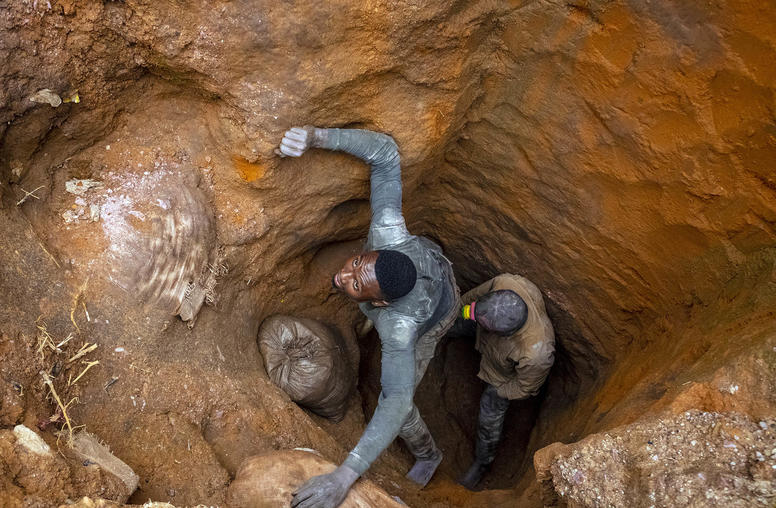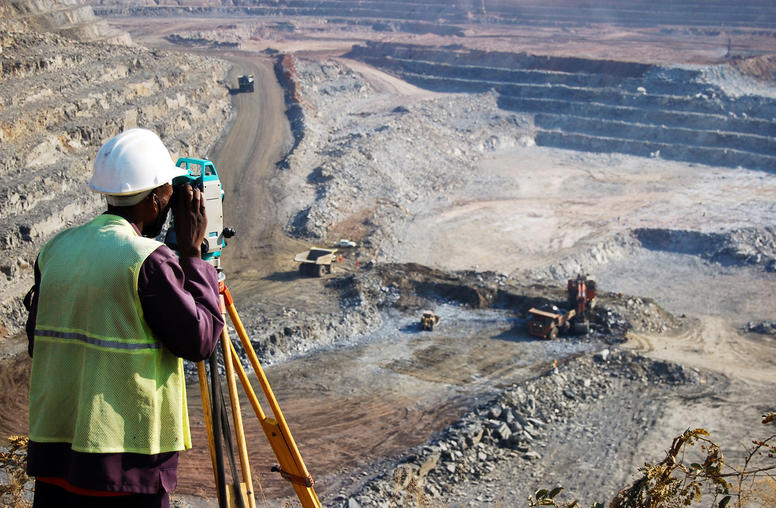A Fresh Look at Post-Conflict Economics: Theory, Experience and Reality
This half-day event, which features roundtable discussions on theory, experience and reality, aims to reconnect the dots and provide insights into the design, execution and monitoring of successful economic recovery programs in post-conflict societies.
Economic revitalization and reform are crucial, though poorly understood, elements of the post-conflict stabilization and reconstruction process. While there is some consensus that the resumption of productive economic activity, job creation and a range of sociopolitical externalities could help stabilize communities, mitigate some conflict triggers, and promote peace, stakeholders have adopted a wide range of approaches with very mixed results. A major complicating factor is that insecurity persists, making it difficult for development models and traditional practitioners to be effectively deployed and take root. Approaches have included significant capital infusions to generate economic activity, concessional lending to underpin macroeconomic stabilization, directed employment schemes and a range of social investments. Innovations, such as provincial reconstruction teams and an increased reliance on nongovernmental organizations, have sought to indirectly address security issues by providing advice and technical assistance on economic issues.
In some cases, the quest to rebuild conflict-torn communities/states expeditiously has led to a fundamental disconnect among development theory, country experience and the post-conflict political economy. Recent developments in 2010 includes research compiled for the World Bank’s 2011 World Development Report, which focuses on fragile and conflict-affected states and new work on ‘expeditionary economics’ pioneered by the Kaufmann Foundation. Revisiting development theory against the backdrop of experiences and lessons from recent efforts, and the peculiar circumstances of conflict economies will help frame more effective and enduring solutions. This half-day event, which features roundtable discussions on theory, experience and reality, aims to reconnect the dots and provide insights into the design, execution and monitoring of successful economic recovery programs in post-conflict societies.
Speakers
- Ambassador Charles Ries
Executive Vice President of the Clinton Bush Haiti Fund and Former Minister for Economic Affairs and Coordinator for Economic Transition in Iraq - Graciana del Castillo
Senior Research Scholar at Columbia University, and author of "Rebuilding War-Torn States" - Gary Milante
Research Economist, The World Bank - Julia Roig
Executive Director, Partners for Democratic Change - Patrick Doherty
Director, Smart Strategy Initiative at the New America Foundation
9:00 am
Panel One: Revisiting Theory
Key questions: How are post-conflict economies different? How should economic stabilization policies be sequenced? Are there tensions between monetary and fiscal policy? How is progress measured?
Moderator: Colonel Jeff Peterson
Academy Professor of Economics in the Department of Social Sciences at West Point
10:00 am
Panel Two: Examining Case Studies
Key questions: What are the critical challenges facing economic reform in post-conflict states? How have they been successfully addressed? Is progress with economic reform impossible without security? Does the private sector have a role? How could economic reform be conflict-sensitive?
Moderator: Raymond Gilpin
Associate Vice President, Center for Sustainable Economies, USIP



